Addiction to prescription drugs is 10 times more rampant than abuse of illegal drugs, with the result that law and society have a lot of catching-up to do.
They will go to any length for a ‘fix’. Not sure what exactly the caterpillar was thinking when it instructed Alice (in Lewis Carrol's Alice in Wonderland) to have a bite of the mushroom, she grew and shrunk with each bite.
Surreal, yes, but perfectly normal in a bizarre universe populated by characters like the Mad Hatter and the March Hare. In the regular world, the experience would be termed hallucinogenic.
Such effects of some mushrooms in South American users has been well-documented as is that of cacti. But in a world fixated with the fix, people have gone much beyond mushrooms. From snake bites to tweaking chemicals in labs to abusing pain killers and cough syrups, the experiments have been a constant in the world of addicts and thrill-seekers.
The desperation of the human mind for forbidden pleasures is amazing, as is its flexibility for innovation. The good old cough syrup would not mean much to many, but some have turned these into potent vehicles for a ‘trip’.
Phensedyl and Corex, containing the highly addictive opium-based codeine phosphate, are the most abused. A rage among young addicts in the north-east a decade or so ago, it has spread across the country. Easily available over the counter and light on the pocket, its abuse has caught on in Mumbai too.
Use of opiads like Fortwin, an Analgesic, too, has been in vogue in the city. A combination of Fortwin and Diazepam (a benzodiazepine derivative drug, marketed as Vallium earlier) taken intravenously produces a dreamlike state and finally deep sleep. The abuse of prescription drugs is known to be common among doctors and paramedical staff. But the knowledge has spread. Even bored housewives are not loathe to experimenting with what is available to them around.
Those looking for prescription drugs come in the age group 14-60. A World Health Organisation estimate puts such abuse in alarming statistical perspective. Addiction to prescription drugs is 10 times more rampant than abuse of illegal drugs the world over, it says. Indian law prohibits the sale of drugs without a prescription, but that is hardly a deterrent.
The experimentation doesn’t stop here. Pain balm being used as bread spread is not a new phenomenon.
People also use syringes filled with distilled water. Injected directly into the nerve, it produces a hallucinogenic effect on the brain and the body. Among stationery products, the most abused is ink whitener solution, or diluter, which is inhaled by addicts by applying the liquid to a handkerchief or a piece of cloth. Addicts are known to misuse the solution used to make corrections on printed or written matter.
With the brain playing the role of laboratory, the only thing the law can do is to play the catch-up game.
Take hydrocodone for instance. Medically prescribed to alleviate high-intensity pain, it is rampantly misused by drug abusers for the high it provides. Costing anything between Rs500 and Rs1,500 each, the tablets are on sale online. These are cheaper than contraband such as cocaine and heroin — one gram of cocaine is sold for anything between Rs5,000 and Rs6,000.
The Narcotics Control Bureau is in a bind. In India, hydrocodone features among substances banned under the Narcotic Drugs and Psychotropic Substances (NDPS) Act. But in many countries, hydrocodone is a controlled drug, sold on prescription by a registered medical practitioner. On the other hand, in India, it is not sold but is available through international suppliers in cyber space.
In 2008, the Anti-Narcotics Cell (ANC) of the Mumbai police put a proposal before the home department to include 12 more items on the NDPS list. However, nothing much has changed for the users since then. The authorities can do little about the abuse of high intensity medically prescribed depressants. The products do not come under the NDPS Act.
![submenu-img]() DNA Explainer: Why was Iranian president Ebrahim Raisi, killed in helicopter crash, regarded as ‘Butcher of Tehran’?
DNA Explainer: Why was Iranian president Ebrahim Raisi, killed in helicopter crash, regarded as ‘Butcher of Tehran’?![submenu-img]() 1 dead, many injured after London-Singapore flight hit by severe...
1 dead, many injured after London-Singapore flight hit by severe...![submenu-img]() This film was based on iconic love story, actors and director died midway, was released incomplete 23 years later
This film was based on iconic love story, actors and director died midway, was released incomplete 23 years later![submenu-img]() Meet man who used to go medicine factory in childhood, now runs Rs 109000 crore pharma company, his net worth is...
Meet man who used to go medicine factory in childhood, now runs Rs 109000 crore pharma company, his net worth is...![submenu-img]() Akshay Kumar 'accidently' collided with RTO officer's bike in Bangkok, shares what happened next: 'I immediately...'
Akshay Kumar 'accidently' collided with RTO officer's bike in Bangkok, shares what happened next: 'I immediately...' ![submenu-img]() Maharashtra HSC 12th 2024: Result declared, know how to check
Maharashtra HSC 12th 2024: Result declared, know how to check![submenu-img]() Meet man who topped IIT-JEE, studied at IIT Bombay, then went to MIT, now is...
Meet man who topped IIT-JEE, studied at IIT Bombay, then went to MIT, now is...![submenu-img]() Meet man who once used to sell newspapers at 9, cracked UPSC exam, he is now…
Meet man who once used to sell newspapers at 9, cracked UPSC exam, he is now…![submenu-img]() Meet woman who secured high-paying job, not from IIT, IIM, VIT, her record-breaking package is...
Meet woman who secured high-paying job, not from IIT, IIM, VIT, her record-breaking package is...![submenu-img]() Maharashtra HSC Result 2024: Class 12th result to be released today, know time, steps to check
Maharashtra HSC Result 2024: Class 12th result to be released today, know time, steps to check![submenu-img]() DNA Verified: Is CAA an anti-Muslim law? Centre terms news report as 'misleading'
DNA Verified: Is CAA an anti-Muslim law? Centre terms news report as 'misleading'![submenu-img]() DNA Verified: Lok Sabha Elections 2024 to be held on April 19? Know truth behind viral message
DNA Verified: Lok Sabha Elections 2024 to be held on April 19? Know truth behind viral message![submenu-img]() DNA Verified: Modi govt giving students free laptops under 'One Student One Laptop' scheme? Know truth here
DNA Verified: Modi govt giving students free laptops under 'One Student One Laptop' scheme? Know truth here![submenu-img]() DNA Verified: Shah Rukh Khan denies reports of his role in release of India's naval officers from Qatar
DNA Verified: Shah Rukh Khan denies reports of his role in release of India's naval officers from Qatar![submenu-img]() DNA Verified: Is govt providing Rs 1.6 lakh benefit to girls under PM Ladli Laxmi Yojana? Know truth
DNA Verified: Is govt providing Rs 1.6 lakh benefit to girls under PM Ladli Laxmi Yojana? Know truth![submenu-img]() AI models show bikini style for perfect beach holiday this summer
AI models show bikini style for perfect beach holiday this summer![submenu-img]() Laapataa Ladies actress Chhaya Kadam ditches designer clothes, wears late mother's saree, nose ring on Cannes red carpet
Laapataa Ladies actress Chhaya Kadam ditches designer clothes, wears late mother's saree, nose ring on Cannes red carpet![submenu-img]() Urvashi Rautela mesmerises in blue celestial gown, her dancing fish necklace steals the limelight at Cannes 2024
Urvashi Rautela mesmerises in blue celestial gown, her dancing fish necklace steals the limelight at Cannes 2024![submenu-img]() Kiara Advani attends Women In Cinema Gala in dramatic ensemble, netizens say 'who designs these hideous dresses'
Kiara Advani attends Women In Cinema Gala in dramatic ensemble, netizens say 'who designs these hideous dresses'![submenu-img]() Influencer Diipa Büller-Khosla looks 'drop dead gorgeous' in metallic structured dress at Cannes 2024
Influencer Diipa Büller-Khosla looks 'drop dead gorgeous' in metallic structured dress at Cannes 2024![submenu-img]() DNA Explainer: Why was Iranian president Ebrahim Raisi, killed in helicopter crash, regarded as ‘Butcher of Tehran’?
DNA Explainer: Why was Iranian president Ebrahim Raisi, killed in helicopter crash, regarded as ‘Butcher of Tehran’?![submenu-img]() DNA Explainer: Why did deceased Iranian President Ebrahim Raisi wear black turban?
DNA Explainer: Why did deceased Iranian President Ebrahim Raisi wear black turban?![submenu-img]() Iran President Ebrahim Raisi's death: Will it impact gold, oil prices and stock markets?
Iran President Ebrahim Raisi's death: Will it impact gold, oil prices and stock markets?![submenu-img]() Haryana Political Crisis: Will 3 independent MLAs support withdrawal impact the present Nayab Saini led-BJP government?
Haryana Political Crisis: Will 3 independent MLAs support withdrawal impact the present Nayab Saini led-BJP government?![submenu-img]() DNA Explainer: Why Harvey Weinstein's rape conviction was overturned, will beleaguered Hollywood mogul get out of jail?
DNA Explainer: Why Harvey Weinstein's rape conviction was overturned, will beleaguered Hollywood mogul get out of jail?![submenu-img]() This film was based on iconic love story, actors and director died midway, was released incomplete 23 years later
This film was based on iconic love story, actors and director died midway, was released incomplete 23 years later![submenu-img]() Akshay Kumar 'accidently' collided with RTO officer's bike in Bangkok, shares what happened next: 'I immediately...'
Akshay Kumar 'accidently' collided with RTO officer's bike in Bangkok, shares what happened next: 'I immediately...' ![submenu-img]() Meet man, his grandfather founded political party, uncle was CM, he ditched it for Bollywood, worked for Bhansali, now..
Meet man, his grandfather founded political party, uncle was CM, he ditched it for Bollywood, worked for Bhansali, now..![submenu-img]() Meet actor who worked with SRK, Salman, Sushmita, gave many flop films, quit acting, married granddaughter of CM..
Meet actor who worked with SRK, Salman, Sushmita, gave many flop films, quit acting, married granddaughter of CM..![submenu-img]() 'Pregnant for sure': Katrina Kaif, Vicky Kaushal's viral video from London sparks pregnancy speculations
'Pregnant for sure': Katrina Kaif, Vicky Kaushal's viral video from London sparks pregnancy speculations ![submenu-img]() Viral video: Bride makes dramatic entrance from giant ice cube at snowy Alpine wedding in Switzerland
Viral video: Bride makes dramatic entrance from giant ice cube at snowy Alpine wedding in Switzerland![submenu-img]() Elephant lifts safari truck with tourists in shocking viral video, watch
Elephant lifts safari truck with tourists in shocking viral video, watch![submenu-img]() In another gaffe, Joe Biden says he was US 'Vice President' during COVID-19 pandemic, watch viral video
In another gaffe, Joe Biden says he was US 'Vice President' during COVID-19 pandemic, watch viral video![submenu-img]() Meet Nihar Thackeray, lesser-known nephew of Uddhav Thackeray, he is Eknath Shinde's...
Meet Nihar Thackeray, lesser-known nephew of Uddhav Thackeray, he is Eknath Shinde's...![submenu-img]() Heroic buffalo herd rescues one of their own from lion ambush, video is viral
Heroic buffalo herd rescues one of their own from lion ambush, video is viral



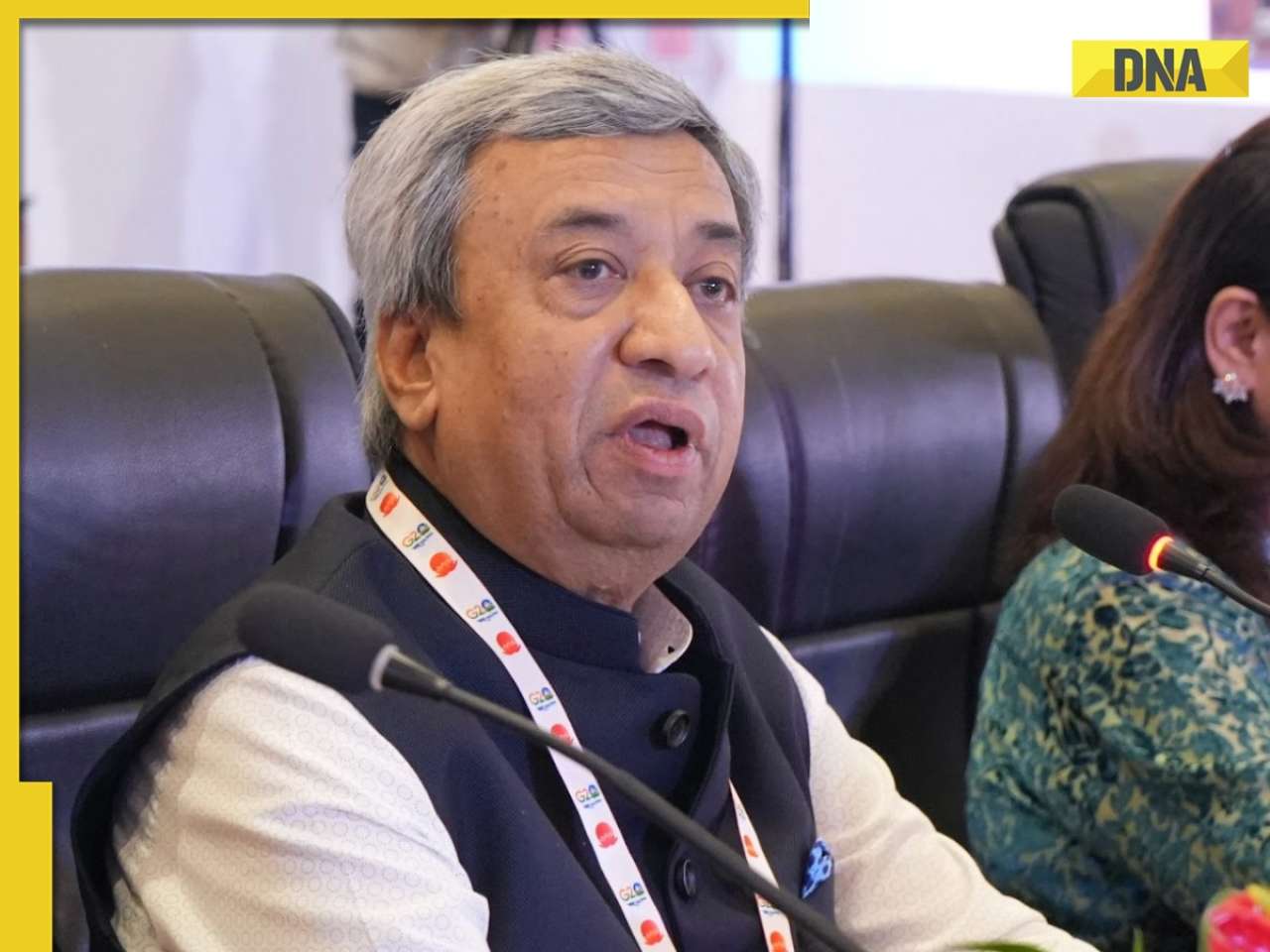
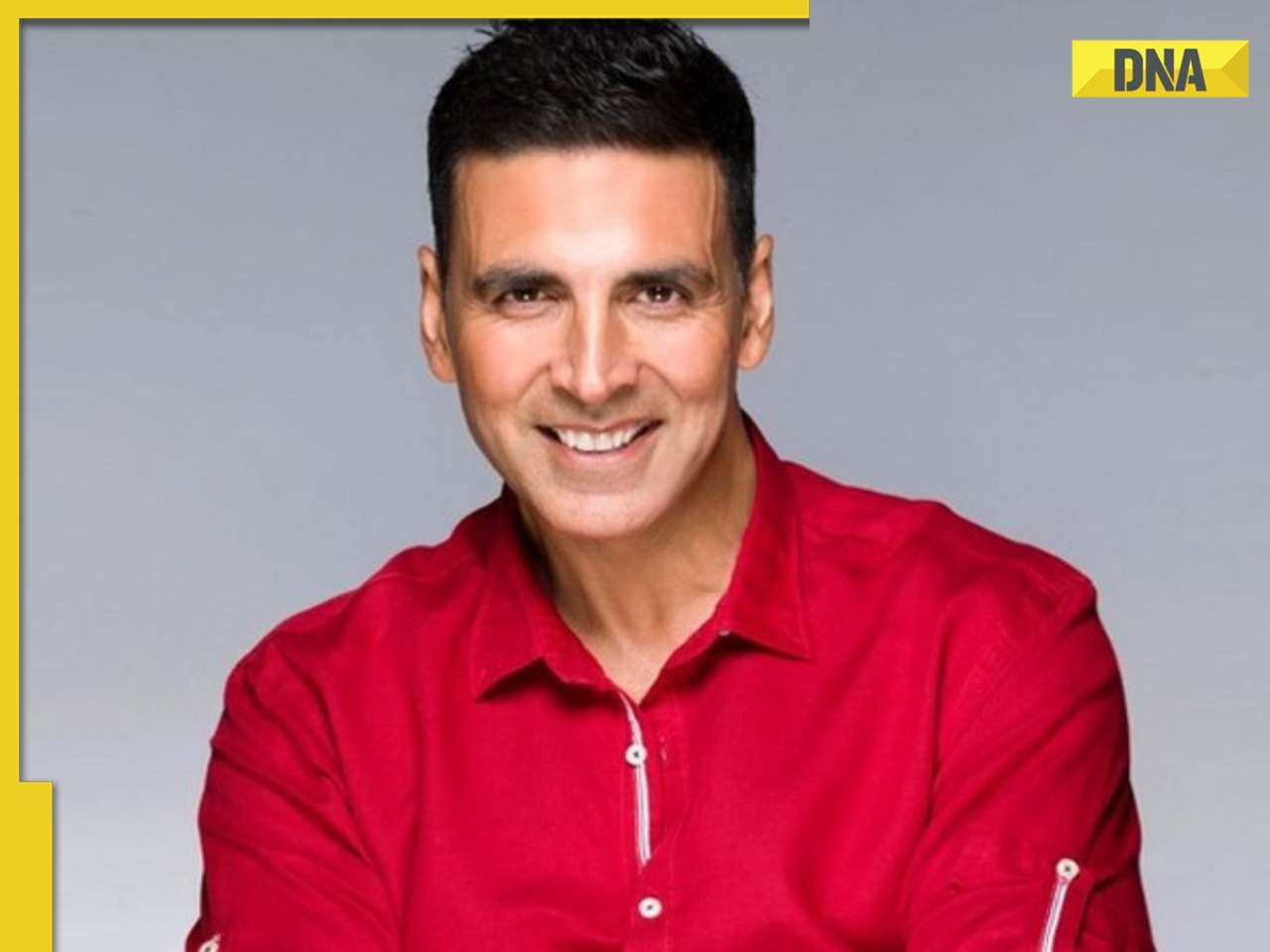


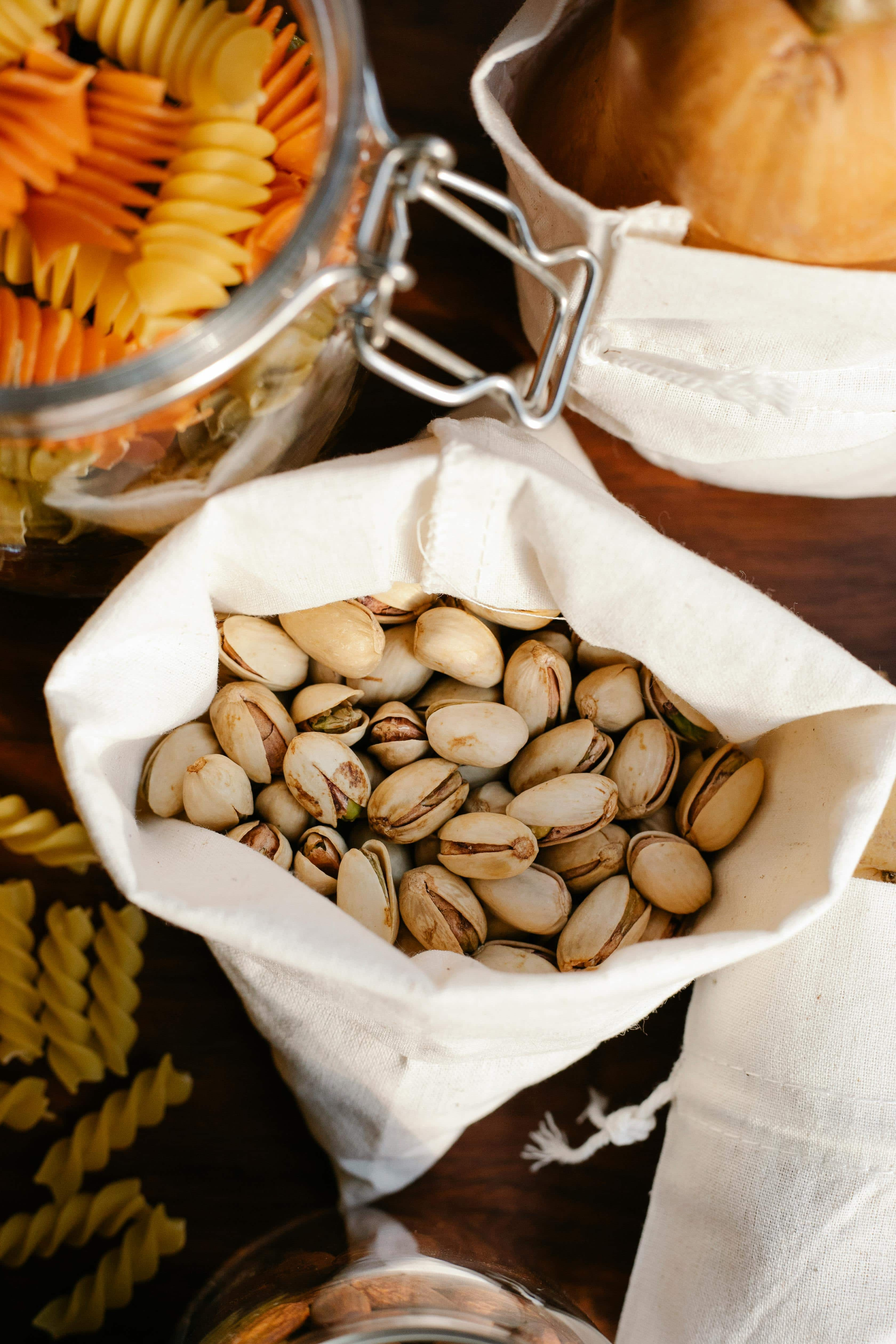



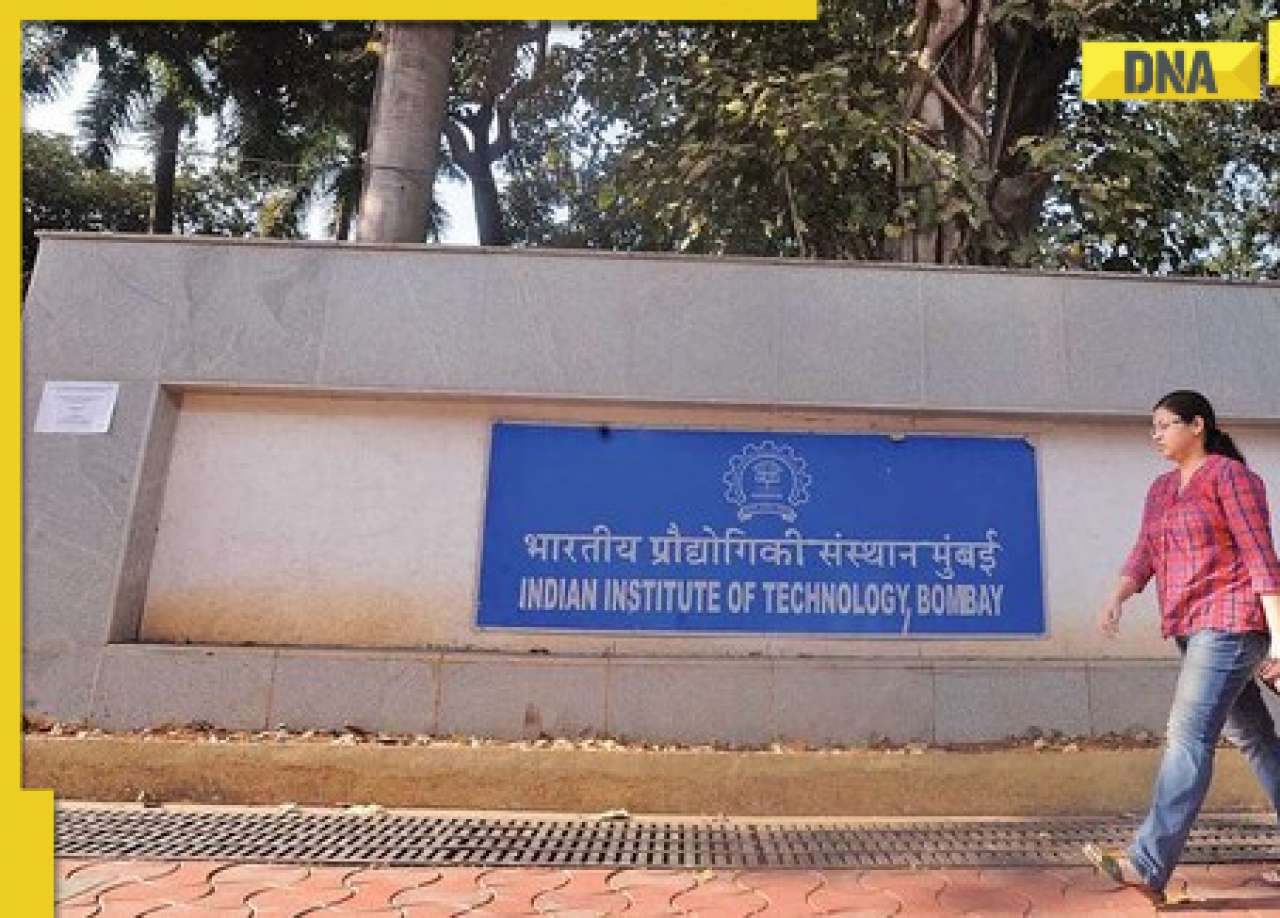

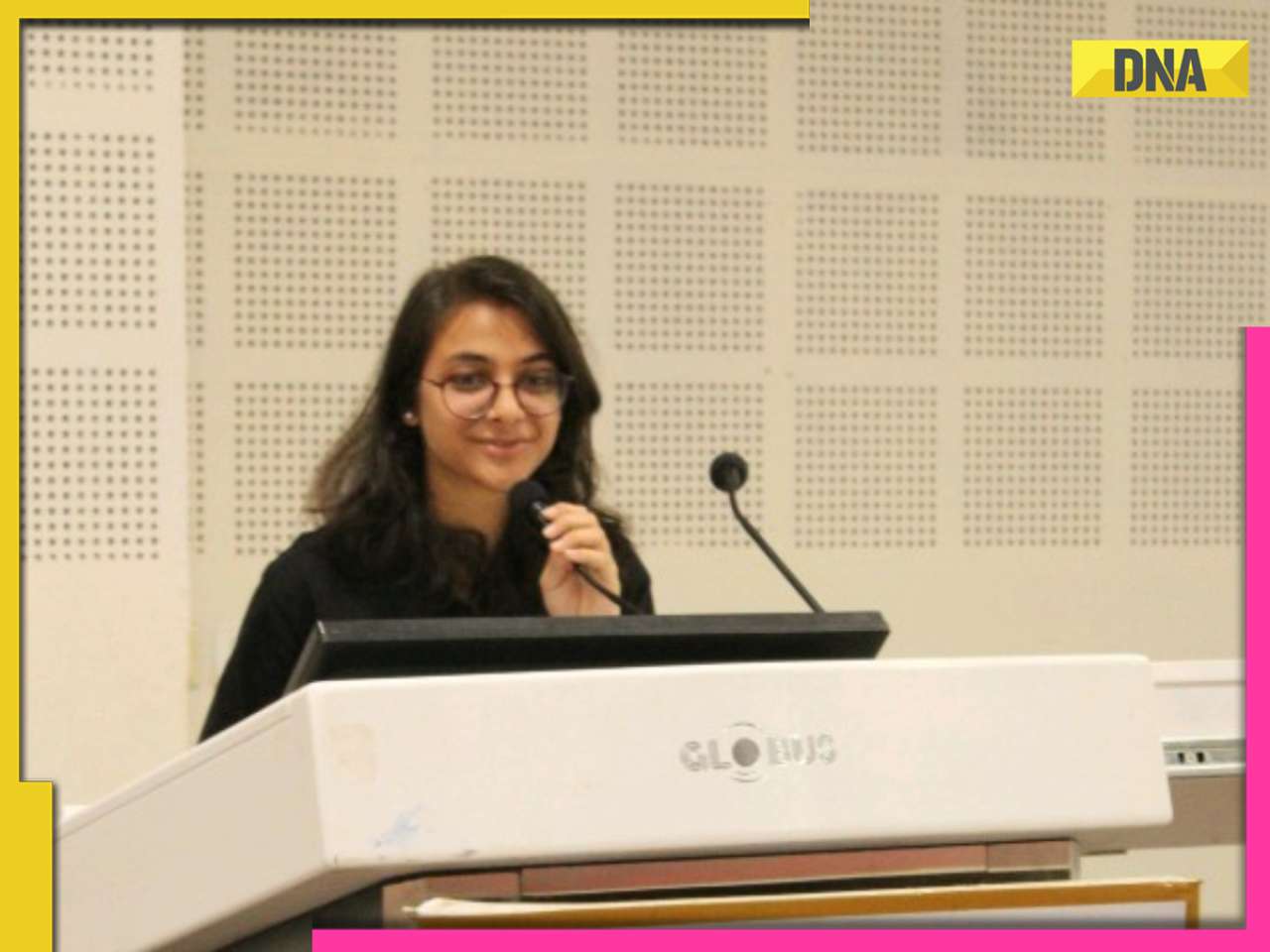




















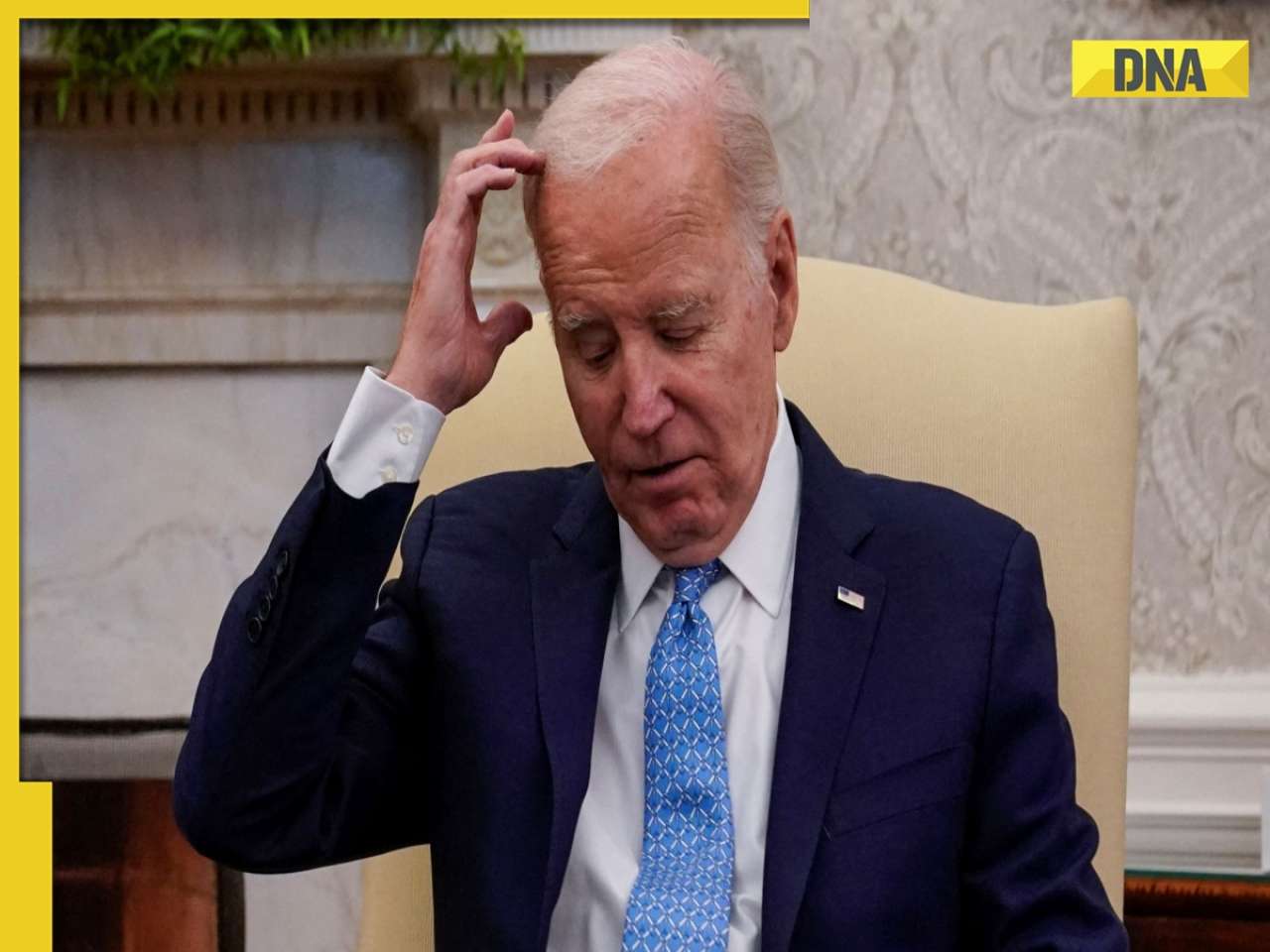






















)
)
)
)
)
)